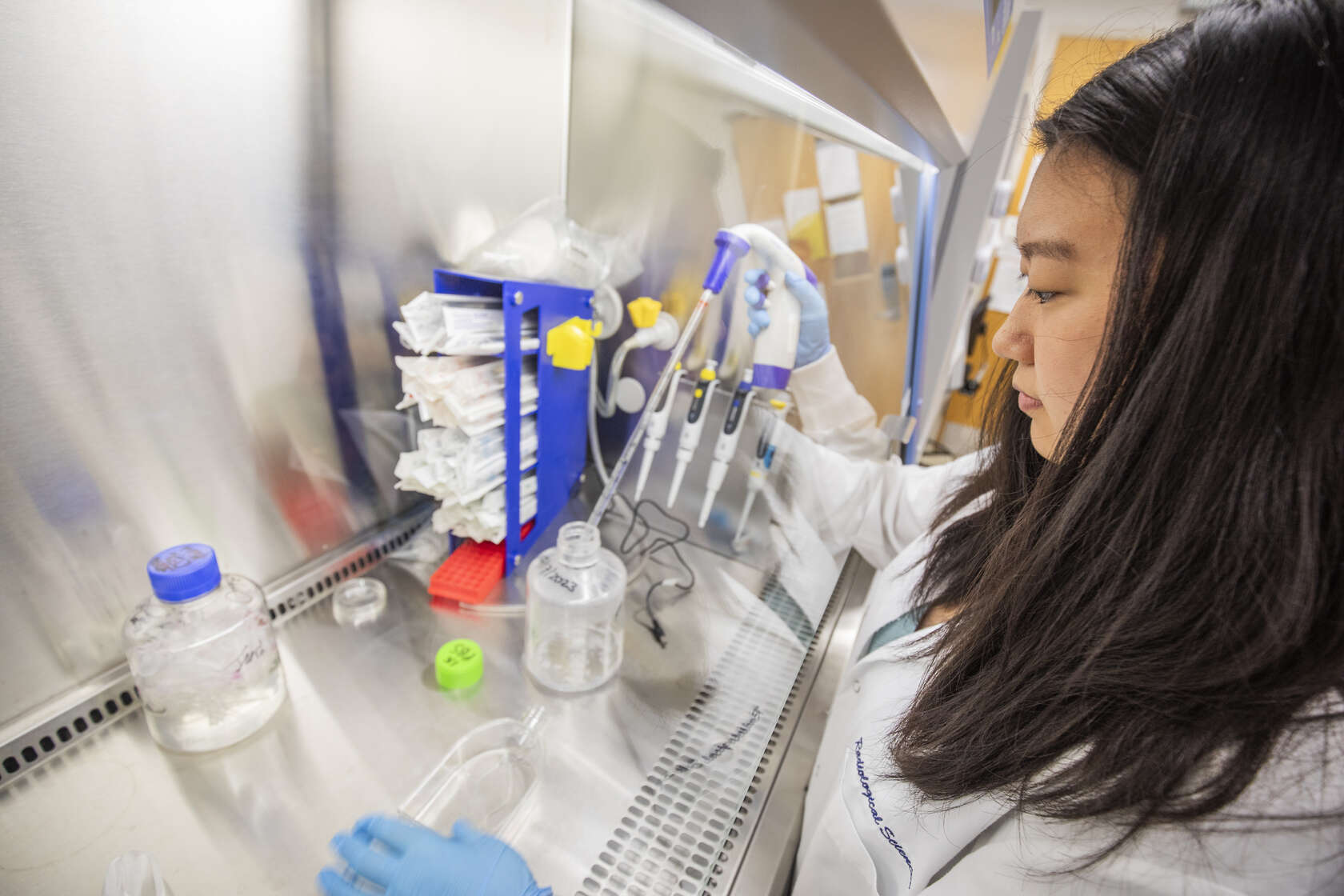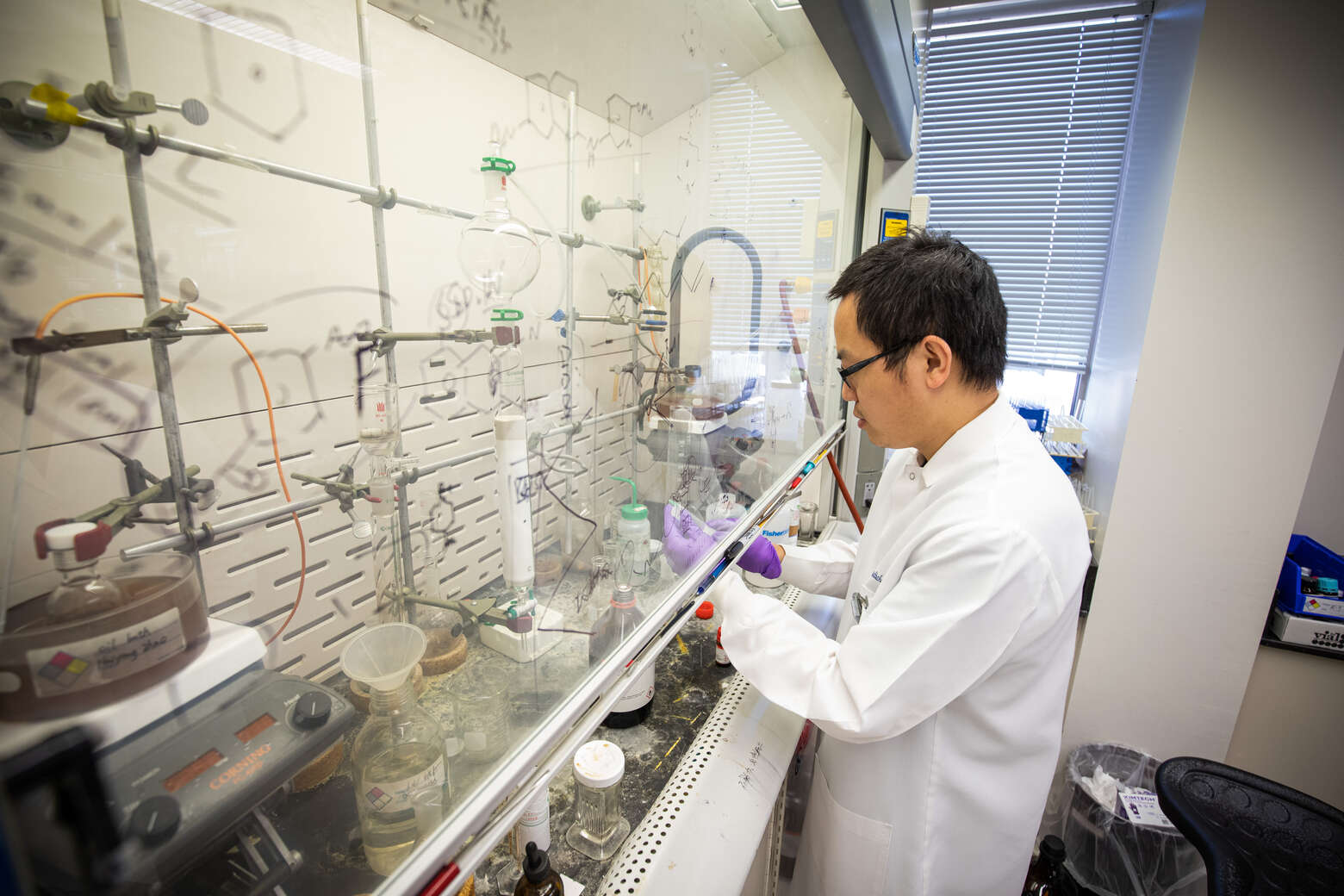AI Algorithm Could Help Detect Breast Cancer, Reduce False Positives

Richard Wahl, MD, professor of radiology and former director for Mallinckrodt Institute of Radiology, and researchers from a Silicon Valley-based technology startup have used artificial intelligence (AI) to help improve breast cancer screening practices. In collaboration with the startup, Whiterabbit.ai, Wahl developed an algorithm that identified normal mammograms with very high sensitivity, reducing false positives without missing cancer cases.
“False positives are when you call a patient back for additional testing, and it turns out to be benign,” said senior author Wahl, also a professor of radiation oncology. “That causes a lot of unnecessary anxiety for patients and consumes medical resources.” The simulation study showed that very low-risk mammograms can be reliably identified by AI to reduce false positives and improve workflows.” It suggests that out of 10,000 people who underwent initial mammograms, 262 could have avoided diagnostic exams, and 10 could have avoided biopsies, without any cancer cases being missed.
Wahl also recently worked with Whiterabbit.ai on an algorithm that helps radiologists measure breast density and identify which patients would benefit from follow-up testing. The Food and Drug Administration approved the algorithm in 2020, and it is now marketed as WRDensity.
Read more from the School of Medicine.





